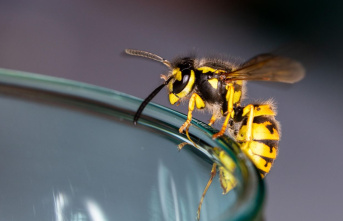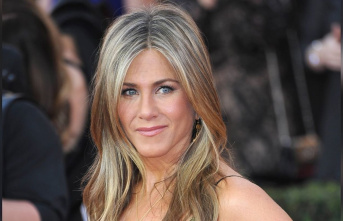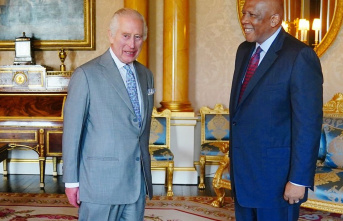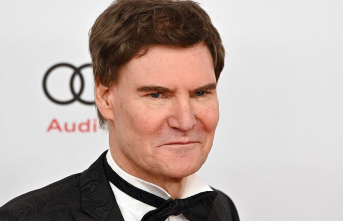Every baby is different: from digestion to skin texture to heat and cold regulation, a newborn's body can react completely differently to external influences. That's why there is no ultimate guide for young parents that you can work your way along in the beginning. The good news is that you are not alone in the first few days and weeks. In the so-called postnatal bed, your midwife will be at your side with help and advice. Later, however, you will have to overcome the daily hurdles on your own. Whether changing diapers, bathing, cutting fingernails, cleaning ears or cleaning teeth - the most important hygiene rules for baby care are summarized below.
1. A baby's skin is much thinner than that of an adult. It takes several years for the natural protective acid mantle to fully develop. For this reason, a sore baby buttocks is not uncommon, as it is permanently exposed to heat and moisture through the constant wearing of diapers. In order to care for and protect the sensitive skin, it is advisable to only clean the baby's buttocks and intimate area with a clean washcloth and lukewarm water in the beginning. If the skin is very red or sore, a wound protection cream can be used. If the bottom is still inflamed for several days, you should consult a pediatrician.
2. When bathing, the motto is: less is more. Except for the buttocks and intimate areas, it is not necessary to clean a baby's body every day. Here, too, it is perfectly sufficient to wipe the skin folds and crooks of the arms with a damp cloth once in the morning and once in the evening, as well as behind the ears. In order not to put too much strain on the natural protective acid layer of the skin, you should not bathe your baby more than once or twice a week in the early days. The water should be between 37 and 38 degrees warm so that it does not freeze. A bath thermometer can be useful here.
3. As long as your baby's skin looks healthy, skin care cream is not necessary. However, if it is very dry, you can smear your body with a few drops of almond or calendula oil - or you can add the oil directly to the bath water. It is essential that you refrain from putting lotion on your child so that it smells better. The fragrances contained in care products can cause skin irritation and are not recommended, especially for newborns.
4. Your baby's ears usually don't need to be cleaned at all, as the ear canals can clean themselves and remove the excess secretion. Apart from that, earwax is important – as with every adult – to bind dust and dirt so that the ear canals are protected. However, if too much wax builds up in your ears, you can wipe it off with a damp, soft cloth. Or you can use special cotton swabs for babies, which are thicker than the usual models and therefore cannot get as deep into the ears and injure the eardrum.
5. In order to prevent babies from hurting themselves due to voluntary movements, the little fingernails must be trimmed back regularly. There are special nail scissors that have rounded ends and a slightly curved surface for cutting. This works best when your child is asleep: Slightly press down on the tips of your fingers and toes and cut the nails in half circles. Be careful not to cut off too much or you may injure the nail bed.
6. A baby's face does not require any special care in the warm summer months - nevertheless, you should always think about adequate sun protection with a high UV filter when you are outside. In the cold winter months, on the other hand, the skin needs much more care: Here you can smear your child's face with a wind and weather balm to protect the skin. For the first cold there is a special ointment that is supposed to care for the mouth and nose.
7. No matter how thick your baby's head hair is in the first few months after birth, the hair does not need to be washed initially. You can use a soft brush to shape the small mane – or a damp washcloth to clean the scalp. If the hair becomes thicker and thicker, you can wash it with a mild baby shampoo. If necessary, you can then blow dry your hair, but only at a large distance and on the lowest level.
8. As soon as the first tooth appears in your baby's mouth, you should start with dental care. Here, too, there are special oral care finger cots, finger toothbrushes or real toothbrushes that have a small head, as well as suitable toothpaste for children. The fluoride it contains is said to protect the teeth from tooth decay. When brushing, make sure to always use gentle, circular movements.
This article contains so-called affiliate links. Further information are available here.











